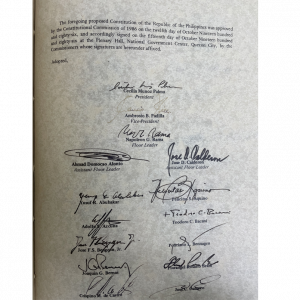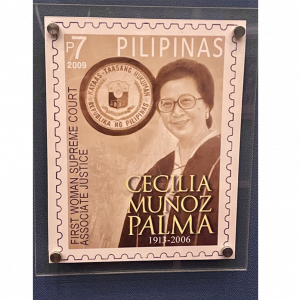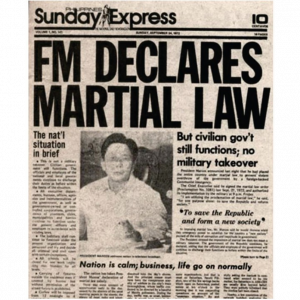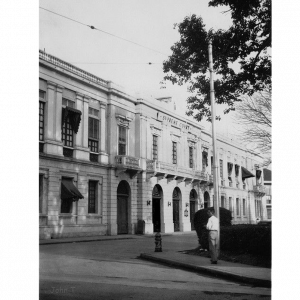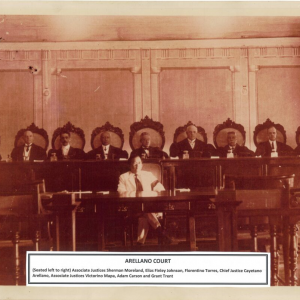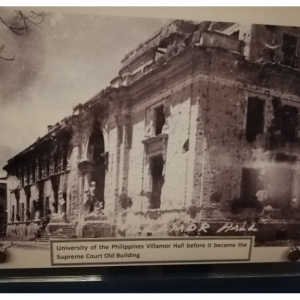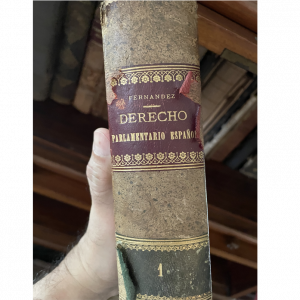SC Fines Judge for Unjustified Delay in Resolving Prayer for Writ of Preliminary Injunction
November 5, 2024
The Supreme Court has fined a judge for undue delay after taking seven years to resolve a prayer for a writ of preliminary injunction.
In a Decision written by Associate Justice Henri Jean Paul B. Inting, the Supreme Court En Banc found Presiding Judge Miguel S. Asuncion, Branch 99, Regional Trial Court, Antipolo, Rizal (RTC), guilty of gross neglect of duty and fined him PHP 201,000.
Rolly C. Castillo (Castillo) and other stallholders, collectively known as the plaintiffs, filed a complaint for damages with a request for a preliminary injunction against Princeville Construction and Development Corporation and Engineer Alfred Figueras in the Regional Trial Court (RTC). The plaintiffs alleged that the corporation forcibly evicted them from the New Cubao Central Market located in Cainta, Rizal, in order to take possession of the market.
On April 1, 2016, Judge Asuncion conducted a hearing on the prayer and ordered the parties to file their memoranda. The plaintiffs filed theirs on July 14, 2016, while the corporation did not.
On July 20, 2017, the plaintiffs filed a motion to re-open the hearing due to newly discovered evidence. They submitted the required pleadings, but the motion remained unresolved. The plaintiffs continued to file additional motions to address their concerns until December 7, 2018.
In 2021, Castillo filed a complaint against Judge Asuncion for gross inefficiency due to the judge’s failure to resolve their request for a writ of preliminary injunction.
Judge Asuncion argued that the plaintiffs’ several motions caused the delay; the many important matters he had to attend to, such as applications for search warrants and bail; his designation as Executive Judge for the RTC Antipolo City from October 16, 2020 to November 3, 2022, during the COVID-19 pandemic; and his additional designation as Special Commercial Court and Cybercrime Court.
While the complaint was pending, Judge Asuncion denied the plaintiffs’ prayer for the issuance of a writ of preliminary injunction on April 11, 2023.
The Judicial Integrity Board (JIB) recommended that Judge Asuncion be found guilty of gross neglect of duty. It found that the prayer for the writ of preliminary injunction was submitted for resolution on April 1, 2016, but was only resolved by Judge Asuncion on April 11, 2023. The JIB also noted that the matter was submitted for resolution long before the COVID-19 pandemic.
The Supreme Court upheld the JIB’s finding that Judge Asuncion grossly neglected his duty by failing to resolve the case within three months after receiving the plaintiff’s last memorandum.
Under Article VIII, Section 15 of the Constitution, cases in lower courts must be resolved within three months from the filing of the last pleading required by the Rules of Court or by the court itself.
Canon 6, Section 5 of the New Code of Judicial Conduct also requires judges to promptly rule on pending cases. This is complemented by Office of the Court Administrator Circular No. 243-2022, which directs judges to strictly observe the prescribed period to decide cases. Failure to do so is a ground for administrative liability, except for valid reasons.
Under Rule 140 of the Rules of Court, undue delay in rendering an order is considered neglect of duty.
The Court deemed Judge Asuncion’s seven-year delay in resolving the matter as inexcusable, emphasizing that a request for a writ of preliminary injunction must be treated with urgency. Castillo argued that their very livelihoods were at stake. However, Judge Asuncion failed to provide adequate justification for his delay, such as citing the complexity of the case or any tactics used by the parties to prolong the proceedings.
The Court ruled that although the plaintiffs filed several motions, these motions did not cause any delays. Instead, they were consistent with their earlier request for a writ of preliminary injunction and simply urged Judge Asuncion to make a final ruling on the matter.
The Court rejected the judge’s explanation that he had other pressing matters during the COVID-19 pandemic, noting that the plaintiffs’ last pleading was submitted well before the pandemic started. The Court emphasized that although the pandemic posed significant challenges for the Judiciary, it cannot be used as an excuse for wrongful acts or omissions either before or during that period.
The Court emphasized that everyone has a constitutional right to a speedy resolution of their cases. While the Court understands the challenges judges face in fulfilling their responsibilities, it will not hesitate to hold them accountable if they neglect their duties without a valid reason. (Courtesy of the Supreme Court Public Information Office)
This press release is prepared for members of the media and the general public by the Supreme Court Public Information Office as a simplified summary of the Court’s Decision. For the Court’s complete discussion of the case, please read the full text of the Decision in A.M. No. RTJ-23-039 (Castillo v. Asuncion, August 20, 2024) at: https://sc.judiciary.gov.ph/rtj-23-039-rolly-c-castillo-vs-hon-miguel-s-asuncion-presiding-judge-branch-99-regional-trial-court-antipolo-city-rizal/ and the Concurring Opinion of Associate Justice Alfredo Benjamin S. Caguioa at: https://sc.judiciary.gov.ph/rtj-23-039-concurring-opinion-justice-alfredo-benjamin-s-caguioa/













